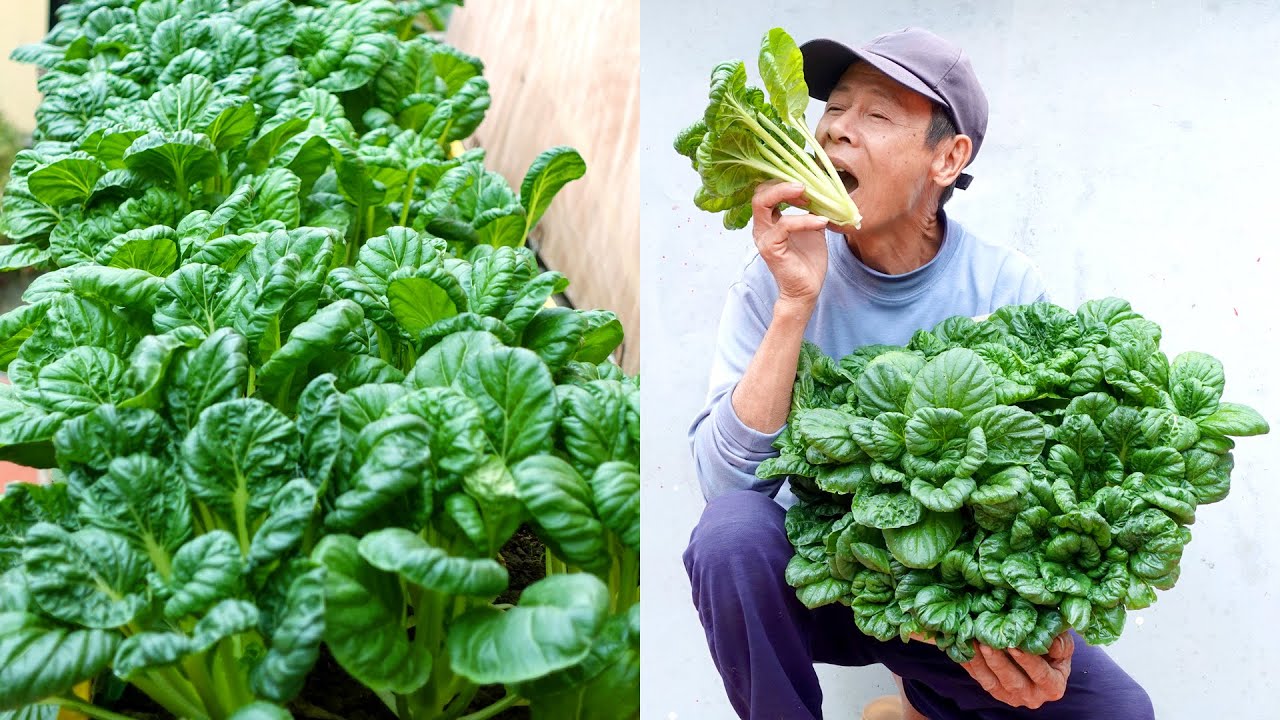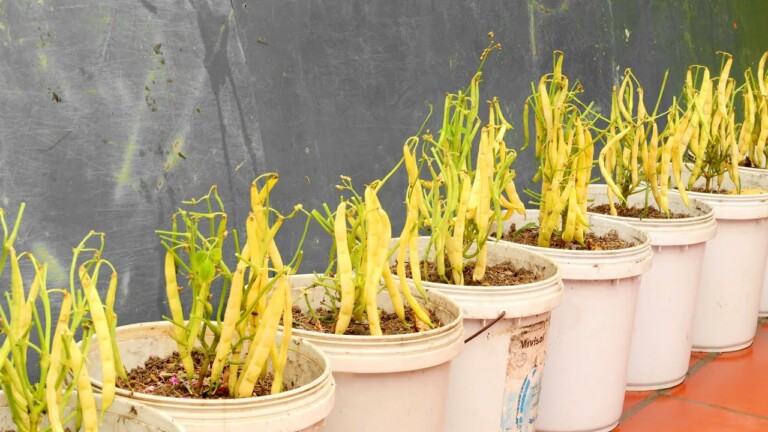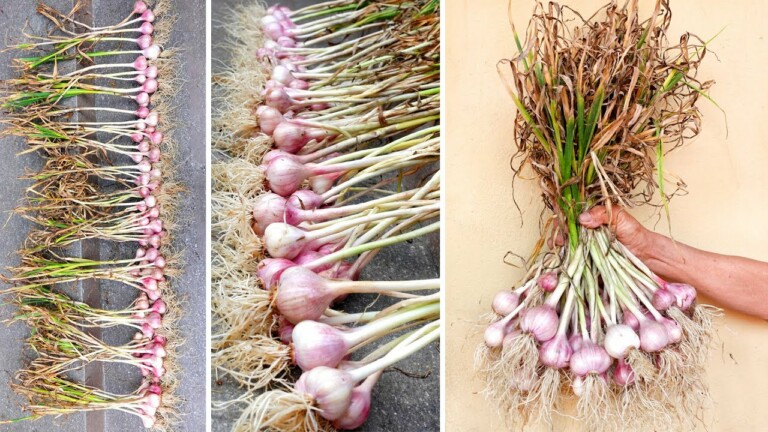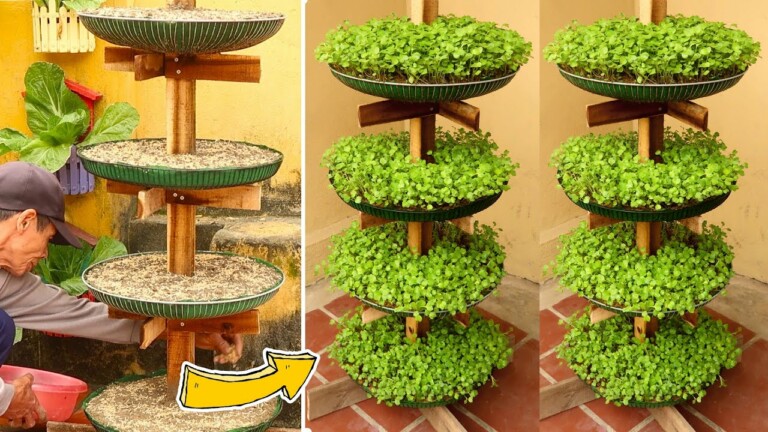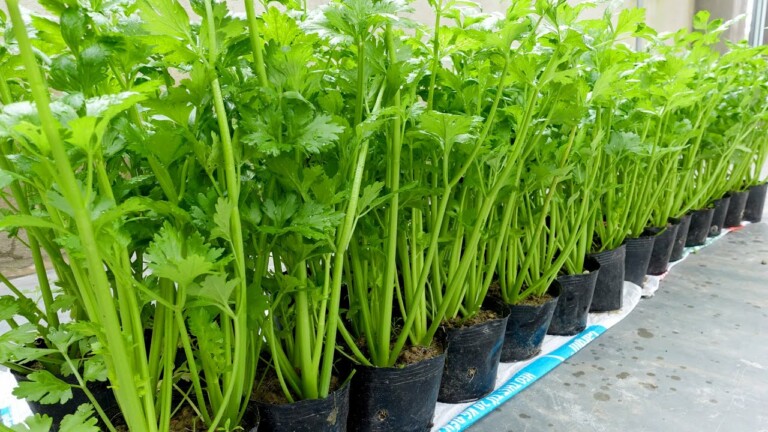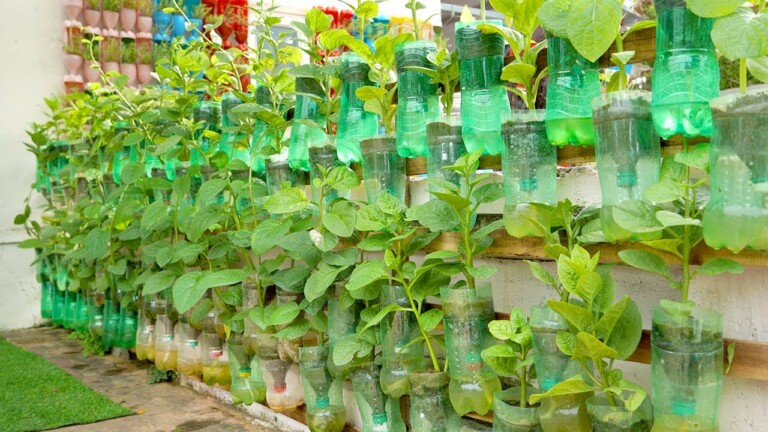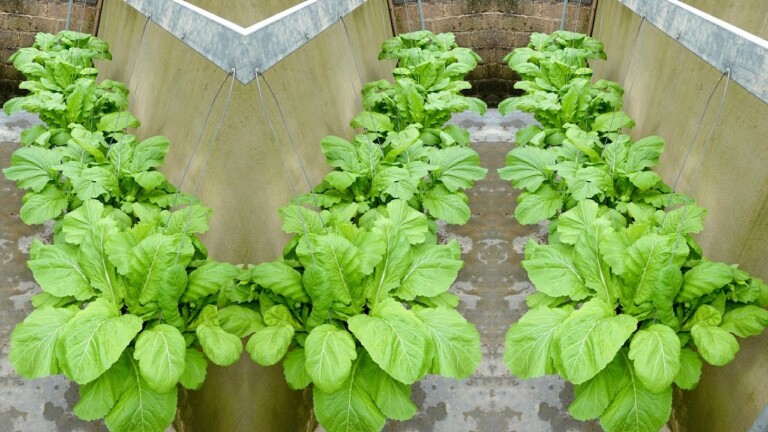Growing Queen Corn on the Balcony | Dark Corn, Specialty Black Corn
Welcome to our blog post on growing Queen Corn, also known as Dark Corn or Specialty Black Corn, right on your own balcony. Here, we share our experiences, tips, and insights on cultivating this unique variety of corn and turning your urban space into a thriving cornfield. Join us as we embark on this exciting journey of balcony gardening and discover the wonders of growing Queen Corn. So let’s dive in and get started on this green adventure together!
Introduction
Are you tired of growing the same old vegetables in your garden? If you’re looking for something unique and different, why not try growing black corn? In this article, we will delve into the fascinating world of black corn and explore its characteristics, nutritional benefits, and culinary uses. So, let’s get started!
-
What is Black Corn?
Black corn is a striking variety of corn that features jet black kernels with a purplish hue. It is an heirloom corn variety that has gained popularity for its distinctive appearance and rich flavor. The stalks of black corn can grow up to 2.5 meters in height, making it an impressive addition to any garden. -
Appearance and Size
Black corn produces medium-sized cobs that are around 20 centimeters long. The kernels of black corn may start off white but develop their dark color as they mature. This dramatic transformation adds visual interest to your garden and makes it a conversation starter. -
Taste and Texture
Black corn has a chewy and starchy texture, much like other corn varieties. However, its flavor is unique and often described as offering an “old fashioned” sweetness. The natural sweetness of black corn makes it a delight to eat both raw and cooked, adding depth and complexity to your culinary creations. -
Availability
While yellow corn is readily available in most supermarkets and farmer’s markets, black corn is not as common. It’s primarily found in South America, where it has been cultivated and cherished for generations. However, it is slowly gaining popularity in other parts of the world due to its unique taste and nutritional benefits. -
Nutritional Benefits
Black corn contains anthocyanins, which are responsible for its dark color. These pigments have been found to carry anti-inflammatory and antioxidant benefits, helping to fight off harmful free radicals in the body. Additionally, black corn is rich in essential nutrients such as fiber, vitamins, and minerals, making it a healthy addition to your diet. -
Culinary Uses
Black corn can be prepared in various ways and used as a substitute for yellow corn in recipes. You can steam or boil the cobs and enjoy them as a delicious side dish. Alternatively, you can remove the kernels and use them in salads, soups, or stir-fries. The possibilities are endless!
Conclusion
Growing black corn may not be as common as growing other corn varieties, but it is definitely worth a try. Its unique appearance, rich flavor, and nutritional benefits make it a standout addition to your garden and your plate. So, why not embark on a new adventure and cultivate this specialty black corn? You won’t be disappointed!
FAQs After The Conclusion:
-
Can black corn be grown in containers?
Yes, black corn can be grown in containers as long as they are large enough to accommodate the plant’s growth. Just make sure to provide adequate soil, water, and sunlight for a successful harvest. -
Does black corn have the same cooking time as yellow corn?
Yes, black corn generally has a similar cooking time to yellow corn. However, it’s always a good idea to test for doneness by piercing a kernel with a fork. If it’s tender, it’s ready to eat! -
Where can I buy black corn seeds?
You can find black corn seeds online or at specialty seed stores. Some local farmer’s markets may also carry black corn seeds during the planting season. -
Can I freeze black corn?
Yes, you can freeze black corn. Simply blanch the kernels in boiling water for a few minutes, then transfer them to an airtight container or freezer bags. They can be stored in the freezer for several months. -
Are there other unique corn varieties I can grow?
Yes, there are several unique corn varieties you can grow, such as purple corn, glass gem corn, and strawberry popcorn. These varieties offer a wide range of colors and flavors, adding excitement to your gardening and culinary experiences.
